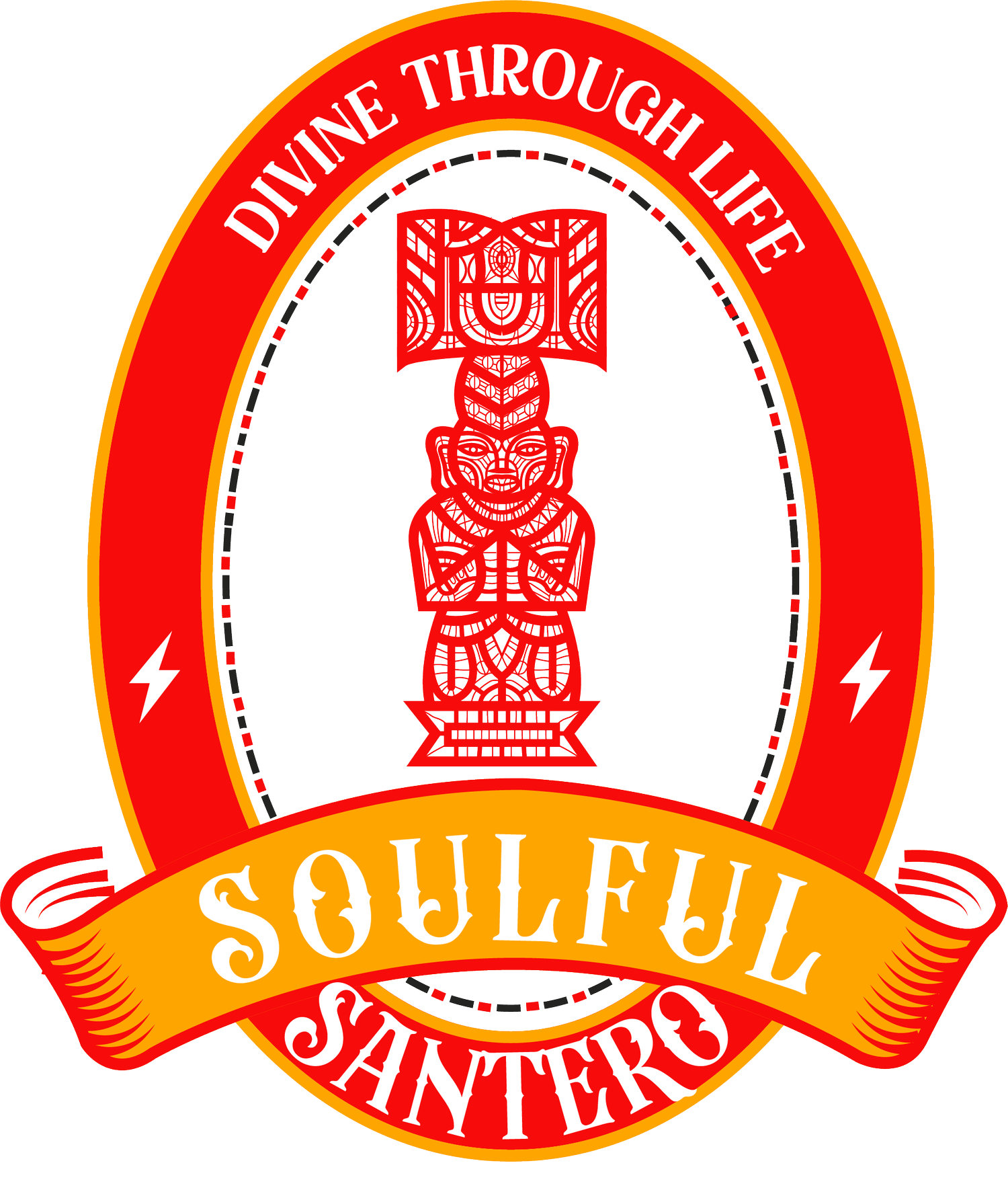SHADOW WORK: SOMETHING A LITTLE DIFFERENT
Watch the stars spark the sky makes me wonder
Who’s looking down
There don’t seem to be any angels
Only devils hanging around
I close my eyes and try to find the courage to
Move in the dark
I know that I’ll find my way
‘Cause Music is never too far
“Zachary Ross and Desolation Angels”
I know shadow work is one of those phrases that gets bandied around carelessly, often without any indication of where it came from. Without going into that too much, I will say that much of the concept has its roots in Jungian Psychology. Jung took seriously the spiritual nature of humanity as part of the human psychology and what can lead to mental illness.
Today I am going to teach by telling a story. It is about an earlier time of my life, over twenty years ago. It was a difficult time. A series of misfortunes happened that caused triggered an intense blow to my mental health. As fate (or God?) would have it, I was driving into the parking garage for work and this parking attendant I befriended stopped me. He took a long, concerned look and asked me if I was okay. I told him I wasn’t. He nodded sagely, then reached into his backpack and pulled out a CD. He told me that the man on the cover was his cousin, and that something told him I needed to hear the music. I was puzzled, but something made me accept his gift. Of course, it took several things to dig myself out of that dark place. But I listened to that CD every day, sometimes several times a day, for that entire year.
Shadow work is important. Facing the bottom-of-the-barrel aspects of who we are and why we do messed up stuff is important. But I have always felt that the negativity of what we go through in life is most damaging because those things cause us more than anything to doubt ourselves on a deep level. That doubt can take on a life of its own and twist us to become very unkind and judgmental on ourselves. It is then only natural that this shadow-response become externalized. Externalizing it lessens some of the pain. But we don’t find any healing that way. We get in a psycho-spiritual rut.
Coretta Scott King, fearless social justice advocate and wife of the late Dr. King, was asked before her death what she felt was most missing in our world. She responded that the thing she saw most missing at the end of her life was compassion.
Compassion, for me, is rooted in my ability to see myself in others. To see someone’s struggle and remember my own. And in that remembering, to recall all the people in my life who were merciful, loving and most importantly did not give up on me when I thought I might give up on myself and life itself. I can look back on that fateful day over twenty years ago and look upon my younger self with kindness and, as Dr. Howard Thurman always said, “with quiet eyes.”
If I could talk with my twenty-something self going through that dark time, I would say
I know you’re suffering.
I know you don’t see any hope or light,
And that God feels so far away,
But hold on
Listen to Dad; he loves you so much!
I am you, and you are me
There’s no judgment, only Love;
Love is with you in so many people around you
Even though you can’t see it.
I am many things, and life turns out pretty good for us
But we cannot be like this if you give up.
I love you, and you’re gonna be okay, someday.
I end with the refrain from “No Worries”:
When I see the smiles on your shining faces
Something tells me we all gonna be fine
We aint got no worries child
No worries, no worries…
May it be so. May your shadow work teach you kindness to yourself.
